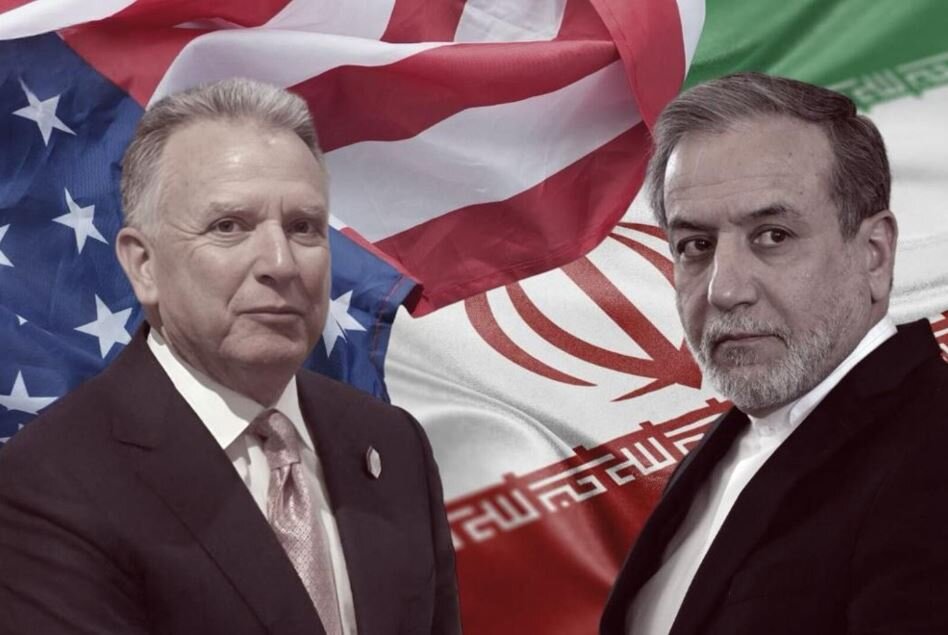Tehran – In a tense local atmosphere in which diplomacy often takes the backseat in power politics, recent indirect talks between Iran and the US in Muscat shows a return to the rationality of the global equation.
These negotiations, held modestly and transparently under the professional stewardship of Iran’s Ministry of Foreign Affairs, showed some clear indications of diplomatic progress and a change in tone from the US side. We analyze the importance and future importance of these recent developments in nine key points.
Where determined by Iran: signs of strength
Convening consultations in the Oman capital was not a neutral option. It was the result of Iran’s aggressive diplomacy. The fact that the US came to West Asia to speak means they accepted Iran set conditions. This choice of venue is a clear indication of Iran’s advantage in negotiations and its substantial impact on regional dynamics.
Witkov’s Reservations: Signs of a Changed Approach
Steve Witkoff, a real estate lawyer and close associate of Donald Trump, represented the American side. Unlike the typical choice of a seasoned politician for such negotiations, choosing someone without political ambitions or diplomatic history reveals the intention to engage in a concentrated, outcome-oriented dialogue.
Witkov’s ridiculous laugh of Israeli journalist Emily Schroeder calls him “dangerously naive” and extremist media like the terror warning attacking him only reveals Tel Aviv’s frustration. Following the announcement of the talks, Netanyahu further highlighted the visible discomfort he had at a recent meeting with Trump, and further highlighted Israeli concerns.
Araghchi: The symbol of calmness and reliability
Representative of Iran was Dr. Seyed Abbas Aragci, an experienced diplomat known for his gentle attitude and dislike of political theatres. His excellence within the Islamic Republic became even more clear when the leaders of the official publications of the Islamic Revolution featured a photo of Araguchi on its front page on the night of the meeting.
Positive signals from both sides
Following the meeting, the parties described the atmosphere as “constructive” and “positive.” Unusually, the White House statement lacked a threatening tone, expressing its willingness to resolve conflicts through diplomacy. Trump is known for his post-inflammatory meeting comments and sudden tweets, but he is particularly quiet, with more gestures than words, indicating Washington’s relative satisfaction.
Mutual Respect: Threat-based Language Erosion
Sources close to the discussion reported that the discussion was based on mutual respect. This simple yet powerful phrase means that the rhetoric of threat and pressure has been abandoned. In particular, there was no mention of dismantling Iran’s nuclear program. It’s a clear recognition of the red line of Iran.
Focusing only on nuclear issues
The negotiations focused solely on Iran’s nuclear activities and did not mention its missile programme. This shows that the US understands Iran’s defensive capabilities are unnegotiable.
Face-to-face exchange: Specific signs of progress
A brief face-to-face exchange between the delegations at the end of the meeting reflects some degree of mutual understanding. Even a few minutes of direct dialogue at this level of diplomacy is extremely important, especially given America’s claims about face-to-face engagement.
Outlook for October
As October approaches, risks in Europe, particularly France, will increase in the activation of snapback mechanisms.
However, if Muscat negotiations are willing to deliver concrete results, not only will snapback sanctions be delayed, but there could also be a pathway for the US to return to nuclear deal. These developments demonstrate a shift from the forced atmosphere of the Trump era to a more diplomatically rational global attitude.
Peace and investment opportunities
The negotiations for Muscat were not merely about nuclear issues. They opened the windows towards the new local atmosphere based on reason, dialogue and peace. If this approach continues with the same prudence and consistency, it will prevent future economic and security crises while allowing the Islamic Republic to propose a framework for joint economic cooperation and investment.
Iran’s Islamic Republic could become the region’s “investment paradise” with its robust infrastructure, educated, youthful workforce, unique geopolitical status and vast natural resources. If the relatively calm brought about by these talks, this may be a turning point for realizing the slogan “year of investment in production.” Rather than a battlefield for destructive rivalry, the region could evolve into a platform for fruitful economic and cultural collaboration.
* Minoo Khaleghi is a legal scholar and political analyst

